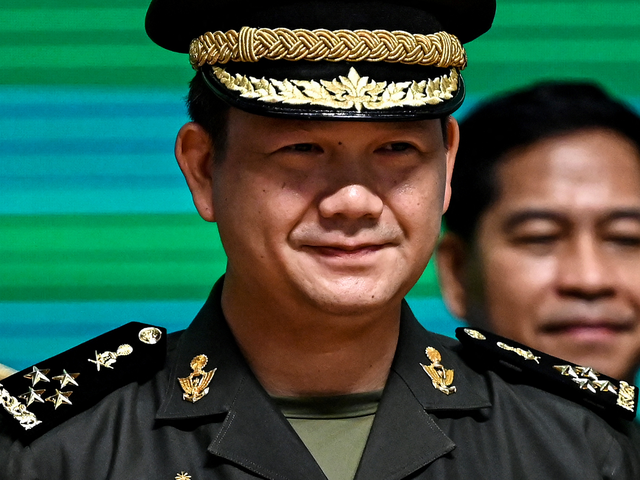The United Nations High Commissioner for Human Rights, Volker Türk, has expressed concern over the recent Cambodian elections on July 23.
He highlighted the imposition of restrictions on opposition parties, media, NGOs, and unions, suggesting that these conditions hindered the ability of citizens to engage fully in the election process.
Türk underscored the steady decline of democratic space in Cambodia, which has potentially undermined fundamental freedoms and public participation in public affairs.

In the lead-up to and on election day, there were reported instances of criminal prosecutions, threats, and physical attacks against the opposition.
In addition to these issues, the National Election Committee, responsible for overseeing the country’s electoral process, disqualified two key opposition parties, including the Candlelight Party, ahead of the election day.
Following the election, Cambodian Prime Minister Hun Sen, in power since 1985, announced his resignation, passing the leadership role to his son, Hun Manet.
The 45-year-old West Point-educated army general has recently established a public image as a statesman closely connected to his father’s legacy.
Despite stepping down from the prime ministerial role, Hun Sen intends to remain a member of parliament and keep his chairmanship of the ruling party.

